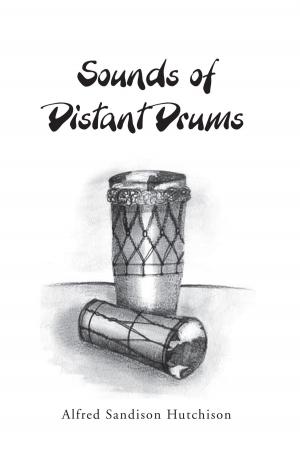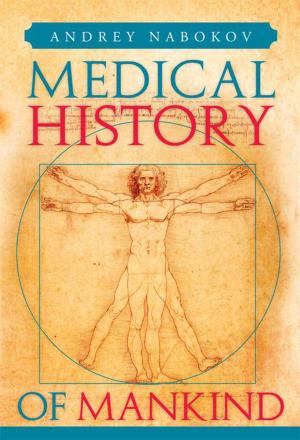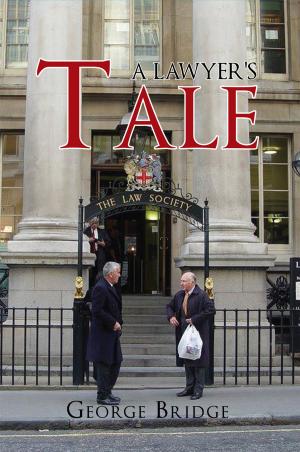| Author: | R. Suryanarayanan | ISBN: | 9781469133683 |
| Publisher: | Xlibris UK | Publication: | December 22, 2011 |
| Imprint: | Xlibris UK | Language: | English |
| Author: | R. Suryanarayanan |
| ISBN: | 9781469133683 |
| Publisher: | Xlibris UK |
| Publication: | December 22, 2011 |
| Imprint: | Xlibris UK |
| Language: | English |
Murder in Venice is the story of Sankaran Namboodri, a young man passionate about astronomy and related mathematics, whose thirst for knowledge inducts him to travel to Italy to meet Galileo Galilei and share the advanced astronomy developed by Hindu astronomers. Born in Irinjalakuda, a village in Kerala on the West coast of India also the birthplace of Madhava, a great mathematician born 250 years earlier, Sankaran prepares to take over from his father as the temple priest by studying the Vedic scriptures following the traditions. Recognising his talent for understanding complex scriptures and mathematics, and his insatiable curiosity of the sky, his father wants him to become an astronomer. To acquire further knowledge in astronomy, Sankaran plans a trip to Ujjain, the seat of great discoveries in Hindu astronomy. On his way, at the city of Kozhikode, by a strange coincidence he meets a renowned scholar, Ananthan, who has just returned from Ujjain with the latest teachings. Ananthan transfers all his knowledge to Sankaran and with the help of an Italian Catholic missionary, convinces Sankaran that he should go to Italy so that the contributions of Hindu astronomers may be known to Galileo Galilee. Sankaran accepts the challenge. The Italian maestro is not only surprised by Sankarans knowledge of astronomical predictive calculations and citations from ancient Vedic scriptures and but even more amazed that Hindu astronomers had conceptualised a heliocentric universe long before. The Auhtorities of Rome firmly believe that the earth is fixed with the Sun going round and oppose vehemently Galileos views. A messenger from Rome warns Galileo that his life as well as that of Sankaran is in danger as his views are being lately labeled as blasphematory by the Authorities. Galileo sends Sankaran away to hide in Venice convinced that in a matter of weeks, and with the help of Sankarans knowledge, he will be able to alter the opinion of the Authorities of Rome. But will he succeed? Will the world come to know about Sankarans mission? The reader will get an insight on the contribution of Hindu Astronomy often forgotten as we celebrate the 400th anniversary of the discovery of the telescope by Galileo.
Murder in Venice is the story of Sankaran Namboodri, a young man passionate about astronomy and related mathematics, whose thirst for knowledge inducts him to travel to Italy to meet Galileo Galilei and share the advanced astronomy developed by Hindu astronomers. Born in Irinjalakuda, a village in Kerala on the West coast of India also the birthplace of Madhava, a great mathematician born 250 years earlier, Sankaran prepares to take over from his father as the temple priest by studying the Vedic scriptures following the traditions. Recognising his talent for understanding complex scriptures and mathematics, and his insatiable curiosity of the sky, his father wants him to become an astronomer. To acquire further knowledge in astronomy, Sankaran plans a trip to Ujjain, the seat of great discoveries in Hindu astronomy. On his way, at the city of Kozhikode, by a strange coincidence he meets a renowned scholar, Ananthan, who has just returned from Ujjain with the latest teachings. Ananthan transfers all his knowledge to Sankaran and with the help of an Italian Catholic missionary, convinces Sankaran that he should go to Italy so that the contributions of Hindu astronomers may be known to Galileo Galilee. Sankaran accepts the challenge. The Italian maestro is not only surprised by Sankarans knowledge of astronomical predictive calculations and citations from ancient Vedic scriptures and but even more amazed that Hindu astronomers had conceptualised a heliocentric universe long before. The Auhtorities of Rome firmly believe that the earth is fixed with the Sun going round and oppose vehemently Galileos views. A messenger from Rome warns Galileo that his life as well as that of Sankaran is in danger as his views are being lately labeled as blasphematory by the Authorities. Galileo sends Sankaran away to hide in Venice convinced that in a matter of weeks, and with the help of Sankarans knowledge, he will be able to alter the opinion of the Authorities of Rome. But will he succeed? Will the world come to know about Sankarans mission? The reader will get an insight on the contribution of Hindu Astronomy often forgotten as we celebrate the 400th anniversary of the discovery of the telescope by Galileo.















